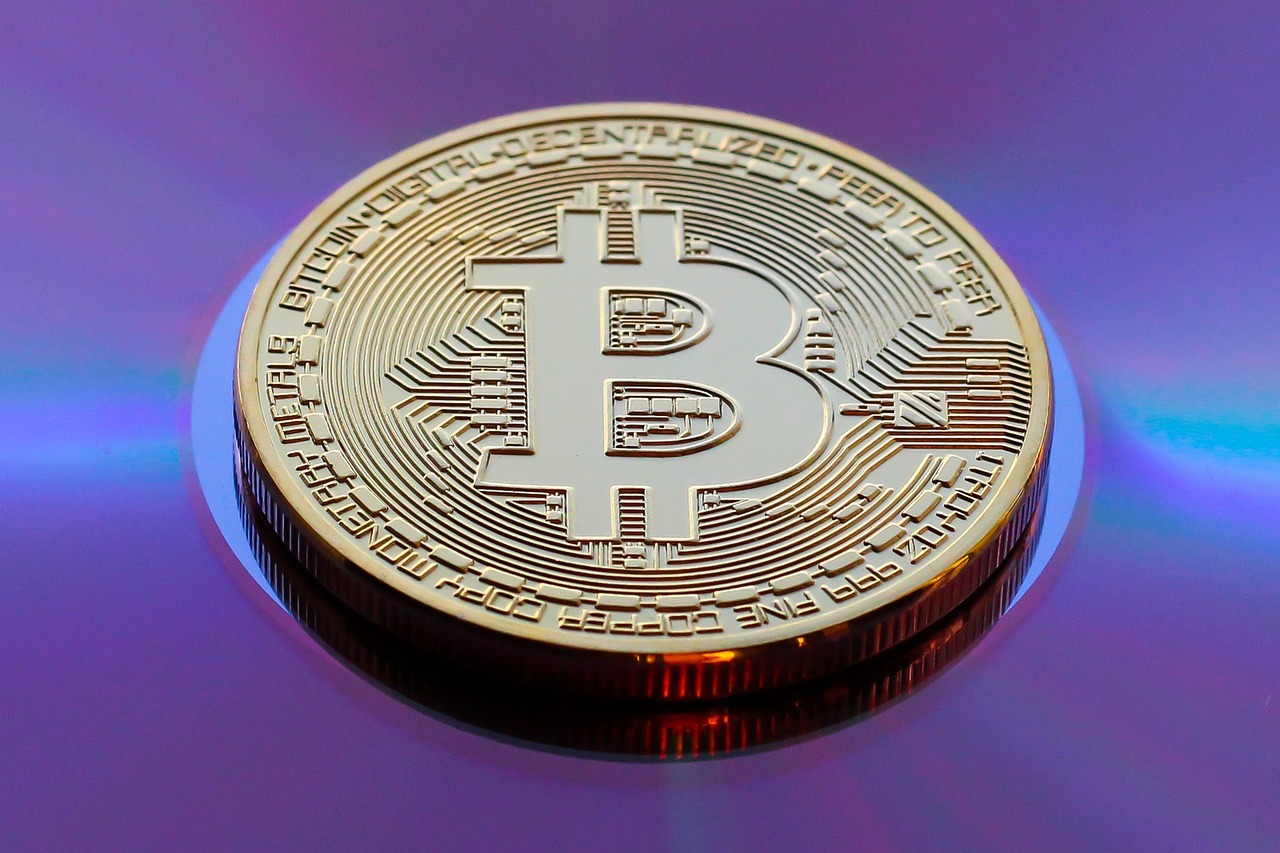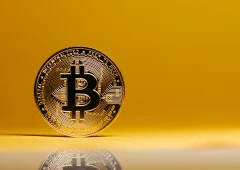Bitcoin Reserve Bill Fails in Utah, But Arizona and Texas Press On
10.03.2025 14:00 1 min. read Alexander Stefanov
Utah recently advanced its "Blockchain and Digital Innovation Amendments" bill, HB230, to include Bitcoin in the state’s legal framework, yet a pivotal section was revised before its final passage.
Initially, the bill aimed to establish Utah as the first state in the U.S. to create a state-backed Bitcoin reserve by allowing the Treasury to invest a portion of funds into digital assets, provided their market value exceeded $500 billion.
This provision was ultimately removed during the legislative process.
The current version of the bill instead focuses on safeguarding essential cryptocurrency rights for Utah residents, such as the ability to store, mine, stake, and run nodes for Bitcoin.
While Utah’s effort to create a Bitcoin reserve has been halted, other states, such as Arizona and Texas, are making progress with similar bills, with 25 out of 31 proposed Bitcoin reserve bills still active across the country, including those from Illinois, New Hampshire, and Ohio.
-
1
Bitcoin Hashrate Declines 3.5%, But Miners Hold Firm Amid Market Weakness
27.06.2025 21:00 2 min. read -
2
Trump-Linked Truth Social Pushes for Bitcoin-Ethereum ETF as Crypto Strategy Expands
25.06.2025 19:00 2 min. read -
3
Bitcoin’s Price Closely Mirrors ETF Inflows, Not Corporate Buys
26.06.2025 11:00 2 min. read -
4
Crypto Company Abandons Bitcoin Mining to Focus Entirely on Ethereum Staking
26.06.2025 20:00 1 min. read -
5
Bitcoin Hits New All-Time High Above $112,000 as Short Squeeze and Tariffs Fuel Rally
10.07.2025 0:35 2 min. read
Peter Schiff Warns of Dollar Collapse, Questions Bitcoin Scarcity Model
Gold advocate Peter Schiff issued a stark warning on monetary policy and sparked fresh debate about Bitcoin’s perceived scarcity. In a pair of high-profile posts on July 12, Schiff criticized the current Fed rate stance and challenged the logic behind Bitcoin’s 21 million supply cap.
Bitcoin Price Hits Record Highs as Exchange Balances Plunge
A sharp divergence has emerged between Bitcoin’s exchange balances and its surging market price—signaling renewed long-term accumulation and supply tightening.
What’s The Real Reason Behind Bitcoin’s Surge? Analyst Company Explains
Bitcoin touched a new all-time high of $118,000, but what truly fueled the rally?
Bitcoin Lesson From Robert Kiyosaki: Buy Now, Wait for Fear
Robert Kiyosaki, author of Rich Dad Poor Dad, has revealed he bought more Bitcoin at $110,000 and is now positioning himself for what macro investor Raoul Pal calls the “Banana Zone” — the parabolic phase of the market cycle when FOMO takes over.
-
1
Bitcoin Hashrate Declines 3.5%, But Miners Hold Firm Amid Market Weakness
27.06.2025 21:00 2 min. read -
2
Trump-Linked Truth Social Pushes for Bitcoin-Ethereum ETF as Crypto Strategy Expands
25.06.2025 19:00 2 min. read -
3
Bitcoin’s Price Closely Mirrors ETF Inflows, Not Corporate Buys
26.06.2025 11:00 2 min. read -
4
Crypto Company Abandons Bitcoin Mining to Focus Entirely on Ethereum Staking
26.06.2025 20:00 1 min. read -
5
Bitcoin Hits New All-Time High Above $112,000 as Short Squeeze and Tariffs Fuel Rally
10.07.2025 0:35 2 min. read


